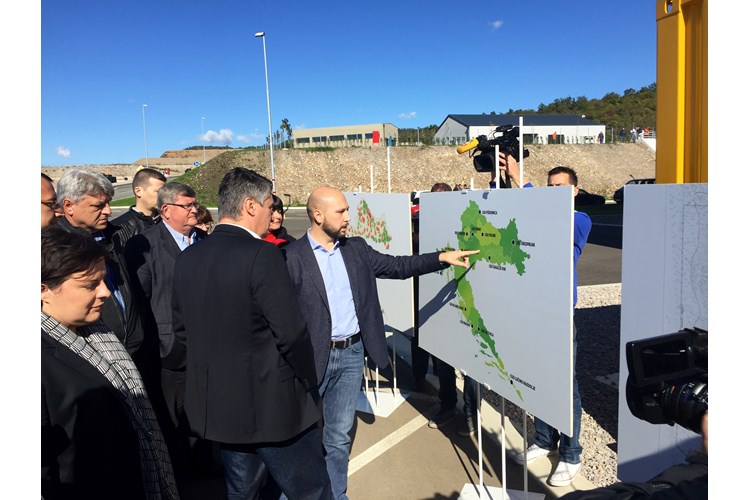"There won't be any crowding of refugees because for a month or more things have been organised and our people are living normally," Milanovic told reporters in Rijeka.
Asked if the authorities were moving onto Plan D and whether that meant erecting a fence on the border, Milanovic said that the authorities stood by their plan that people in Rijeka, Split, Cakovec, Opatovac and elsewhere continued living normally and routinely, adding that "this will stop" and that "Spain solved this efficiently and so will Greece and Europe."
Milanovic is convinced that the situation will be clear by spring time and that everything will be under control. Greece will function like Spain which was flooded with migrants and at one moment managed to stop it with their coast guard. Greece will do so too, naturally with a little help from Germany that will also help Turkey, he added.
We do not wish this to turn into a routine that will last a year, he said and that the situation will not last a year and "if nothing else, (the coming) winter will stop it."
Asked whether an agreement would be reached with Slovenia to ration the flow of refugees, Milanovic said that the flow had been slowed down on Monday but that it was flowing as it was and that Slovenia was not crucial here, it will manage in a day or two.
"It would be ridiculous to argue with Slovenia as we have been avoiding to do so this entire time and now they are under a little stress these first few days, but they'll get it in the end," he said, adding that Austria has not set any barriers. There is no need for any nervousness, Milanovic said adding that he considers Slovenia to be an organised country, "so if Croatia could take in 10,000 people per day, so can Slovenia".
Neither we nor Slovenia are the victims here nor are Austria or Germany even though they are exposed to the refugee wave, he added.
Asked to comment on Slovenia's intention to deploy troops to the Croatian border, he responded, "what are they going to do with the army on the border. What would Croatia do with the army on the border, if there is no fence," and added "for now there will be no fence."
"They were just passing through Croatia, Slovenia and until recently through Hungary," he said.
Asked about refugees breaking through a police cordon in Bapska, Milanovic claimed that everything was under control. The situation is not as usual but things are being handled well and in an organised fashion. As far as threats by Serbia due to territorial violation are concerned, Milanovic said, "Serbia is Serbia, Croatia is Croatia and by the way they (Serbia) said we should leave them alone and so we will. We'll be in touch in five years' time."
Since the refugee crisis started in Croatia in mid-September, more than 204,000 migrants and refugees have passed through Croatia. By 0900 hours Tuesday 2,558 migrants had entered the country and there are around 2,600 people currently situated in the Opatovac reception centre.


